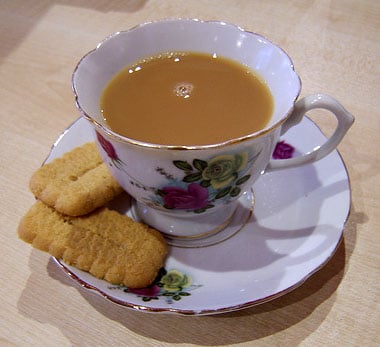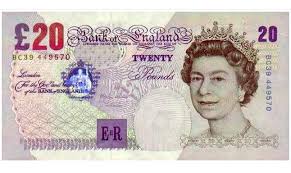8 British Slang Translations for Americans (& How To Interpret Them At Work)
Whether you find yourself traveling to the UK for a weekend business trip or long-term employment, you might assume that the culture in the British Isles won’t be all that different from in the United States. In fact, every aspect of life in the British workplace is different from what you’re used to, right down to the language. While Americans will clearly have the advantage over other foreign colleagues due to being native speakers of English, they are also bound to run into their share of unfamiliar slang. Here is some UK jargon to keep an eye out for in the office.
1. “Have the report on my desk by half nine.” Where Americans would say “half past nine” to designate 9:30, Brits cut right to the chase. This goes for all the other hours of the day as well.
2. Cuppa. Short for “cup of tea,” this is the fuel that will get you through the workday. There will undoubtedly be plenty of tea-making supplies in your office, and if you decide you’re in need of a caffeine fix, it’s always good form to offer tea to anyone within ear shot as well.
3. Fancy. Used as a verb, to fancy means to desire something. This is mainly used either to express having a crush on somebody or craving something to eat. For example, if somebody says, “Do you fancy a biscuit?” they are offering you a cookie to go with your cuppa.
4. Quid. This is used as a synonym for the British currency. So to express the price “10 Pounds,” you can say “10 quid.” Alternatively, you could just say that it costs a tenner.
5. Dodgy. The equivalent to the American terms “sketchy” or “shady.” If someone is described to you as, “That Jim, he’s a dodgy fellow,” you might be best off avoiding him at the water cooler.
6. Jammy. If your boss takes a shine to you, you’re jammy—that is, lucky. A Jammie Dodger, on the other hand, is a delicious biscuit with raspberry filling.
7. “Whose round is it?” As many business meetings or workdays may end up with a few pints at the nearest pub, it’s important you understand how the round system works. Rather than buy drinks individually, you will find each of your colleagues buying you a pint with the understanding that you will buy a pint for them in return. Do not welch on your round, as that will give an extremely bad impression.
8. Pissed. This word is grounds for misunderstanding between Yanks and Brits, as in American English it’s slang for “angry,” while in British English it means “drunk.” Similarly, “to go out on the piss” means to go out for a night of drinking.
Of course, the longer you spend in the UK, the more you will discover the endless small differences between different versions of English. If you’re curious to learn more slang terms in other languages, send us an inquiry, or try one of our free online language level tests.


